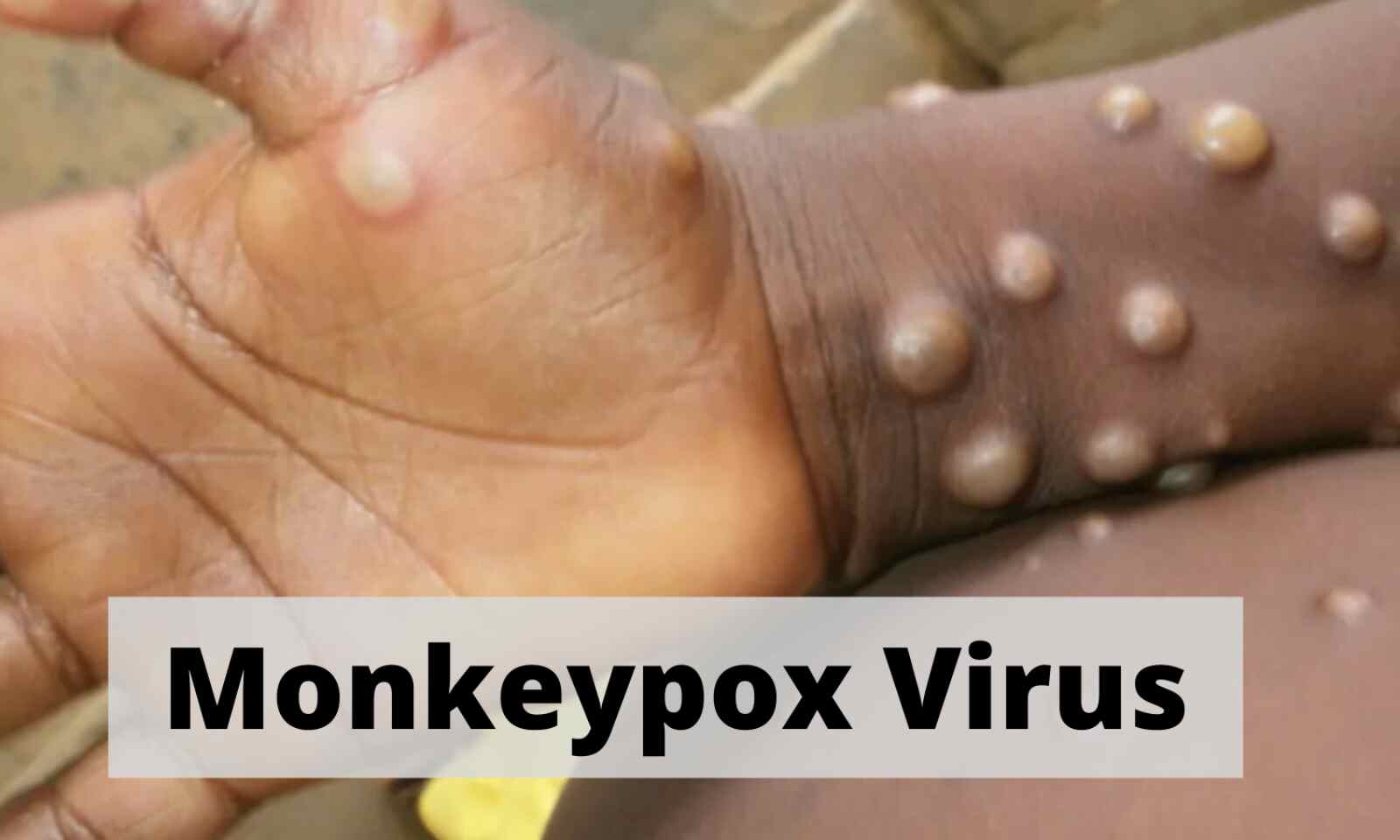NEW DELHI, Sep 8: A man who recently travelled from a country experiencing mpox transmission has been identified as a suspected case of the disease, the Union health ministry said on Sunday.
The patient has been isolated at a designated hospital and is currently stable, it said, adding that there is no cause for concern.
Samples have been collected from the man and are being tested to confirm the presence of mpox.
“The case is being managed in line with established protocols, and contact tracing is ongoing to identify potential sources and assess the impact within the country,” the ministry said.
The development of this case is consistent with the earlier risk assessment conducted by the National Centre for Disease Control (NCDC) and there is no cause of any undue concern, it said.
The country is fully prepared to deal with such isolated travel-related cases and has robust measures in place to manage and mitigate any potential risk, the ministry added.
The World Health Organisation (WHO) declared mpox a public health emergency of international concern (PHEIC) for the second time last month in view of its prevalence and spread across many parts of Africa.
Since the 2022 declaration of PHEIC by WHO, 30 mpox cases have been reported in India. The last case of mpox was detected in March this year.
According to WHO’s earlier statement, 99,176 mpox cases and 208 deaths have been reported from 116 countries since 2022. Last year, the reported cases increased significantly.
The number of mpox cases reported so far this year has exceeded last year’s total, with more than 15,600 cases and 537 deaths.
Mpox is a viral zoonosis with symptoms similar to those seen in the past in smallpox patients, although clinically less severe.
According to officials, mpox infections are generally self-limiting lasting between two and four weeks. Mpox patients usually recover with supportive medical care and management.
Transmission of the disease happens through prolonged and close contact with an infected person. It happens largely through the sexual route, direct contact with the body/lesion fluid of the patient, or through the contaminated clothing/linen of an infected person. (PTI)


